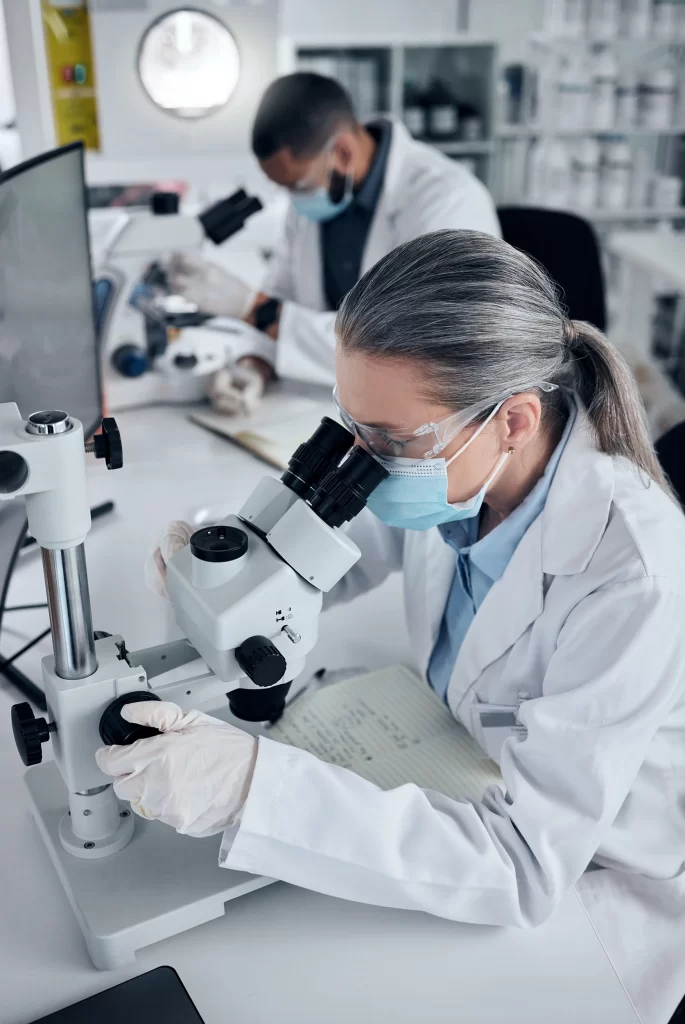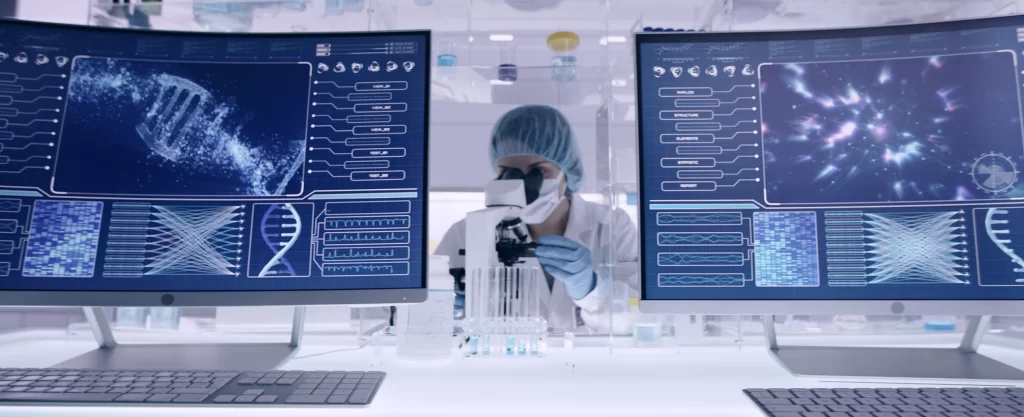Solving Cold Cases is Difficult
The Challenge
The cost of forensic testing in cold cases is significant, typically ranging
from tens of thousands to even hundreds of thousands of dollars.
Funding is the Key
Forensic genealogy is a different type of DNA testing that can potentially provide new leads, and more cases solved.


While the cost of testing can be a barrier, it is a valuable tool in solving cold cases and bringing justice to victims and their families. With limited funds available, the FWPD Cold Case Support Group is raising funds to pay for testing, which could help solve more cold cases.
Money donated to the FWPD Cold Case Support Group will not only help fund forensic genealogy testing but also provide resources for other types of testing, such as trace and evidence analysis. In many cold cases, witnesses or family members have moved away from Fort Worth, and detectives often have to travel across the country to talk with them. The cost of travel and accommodation can quickly add up and strain the budget of a police department’s cold case unit. By accepting donations, the foundation can help cover these expenses and provide more resources to investigate cold cases, potentially leading to new leads and solving more cases.
Secrets Unlocked by DNA
Modern forensic science evolves with the advent of new technology that can answer questions with only the smallest of samples. New, advanced tests, however, carry an additional cost — which is not provided for through normal budgetary processes.
Forensic genealogy testing is a more detailed and complex type of DNA testing compared to typical DNA profiling used in criminal investigations. While DNA profiling involves comparing a sample of an individual’s DNA to known DNA samples in the CODIS database, forensic genealogy testing takes a more comprehensive approach by analyzing the DNA of family members to help identify possible suspects in a case. This can be particularly useful in cold cases where there are no matches in the CODIS database. By analyzing DNA samples from relatives of the victim or an unidentified individual, forensic genealogy can help identify potential suspects and provide leads to investigators.
When there are no matches on CODIS, law enforcement agencies can turn to private labs like Othram, a Houston-based lab that specializes in forensic genealogy testing. Othram helps to match unknown DNA to people through genealogical databases such as 23AndMe and Ancestry.com. Founded in 2018, Othram builds genetic profiles from challenging DNA evidence and helps law enforcement agencies in solving homicide, missing persons, and unidentified remains cases across the US and Canada.
Address
FWPD Cold Case Support Group
P.O. Box 185052, Fort Worth, TX 76181
Call Us
+1 (817) 392-4308
